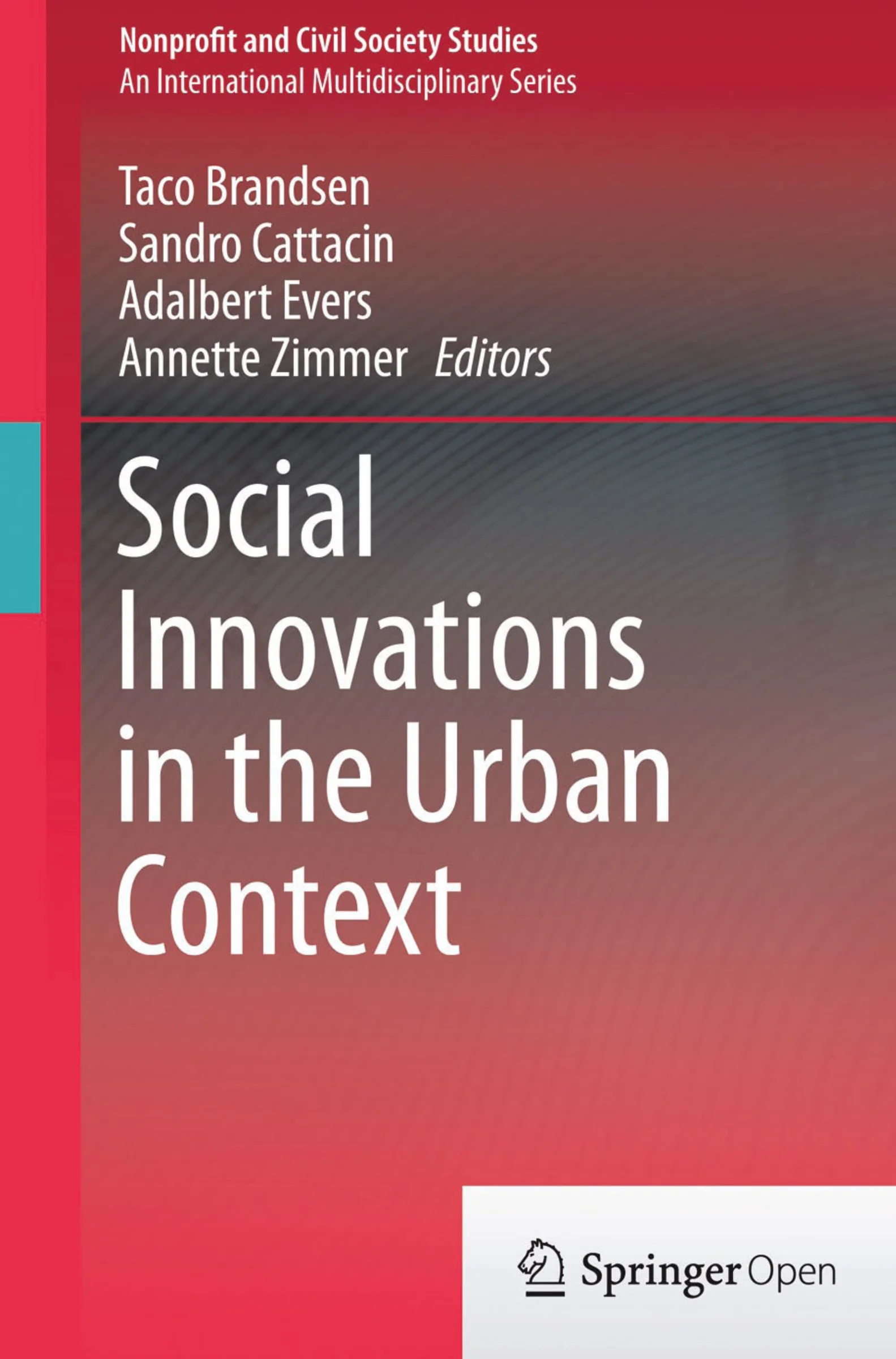Context and Publication Details
This document is part of the "Nonprofit and Civil Society Studies" series, edited by prominent scholars Taco Brandsen, Sandro Cattacin, Adalbert Evers, and Annette Zimmer. It focuses on social innovations in urban settings, particularly examining how these innovations can address social inequality and cohesion in cities across Europe. The book highlights various case studies and research findings from the WILCO project (Welfare Innovations at the Local Level in Favour of Cohesion), funded by the EU.
Overview of Social Innovations in Urban Contexts
The book investigates the role of social innovations in urban areas, emphasizing their potential to strengthen social cohesion and reduce inequalities. It acknowledges that while European cities are rich in innovative ideas, these initiatives often face challenges in integration into existing welfare systems. The authors argue that successful social innovations can emerge from local contexts and require supportive governance structures.
Key Findings on Urban Governance and Social Policies
Through comparative analysis of 20 European cities, the authors identify four distinct urban governance arrangements: governance of cooperation, governance of growth, governance of social challenges, and conflictual governance. Each arrangement reflects the specific political and social contexts of the cities studied. For instance, cities like Münster demonstrate a governance model that seeks synergies between economic growth and social policies, promoting collaborative efforts among various stakeholders.
Housing Policy Insights
The document discusses the significant challenges faced in housing policy within urban environments. In Münster, for instance, rising rent prices and gentrification have made affordable housing increasingly scarce for low-income residents. Despite the local government's attempts to promote social housing through strategic plans, the prevailing market dynamics often overshadow these efforts, leading to a disparity in housing accessibility.
Labour Market Initiatives
The text outlines innovations in the labour market, particularly the "Optionskommune" model in Münster, which enables local governments to take greater responsibility for integrating long-term unemployed individuals into the job market. This model emphasizes personalized support and aims to tackle unemployment not as an individual failure but as a structural issue.
Conclusion and Importance of Local Context
The findings underscore the importance of local governance structures and the embeddedness of social innovations within specific urban contexts. The document illustrates that successful social innovations often rely on a cooperative governance framework that encourages collaboration between public, private, and civil society actors. The experience of cities like Münster serves as a case study for understanding how innovative approaches can be developed and sustained in urban settings, particularly in relation to housing and social policy.
